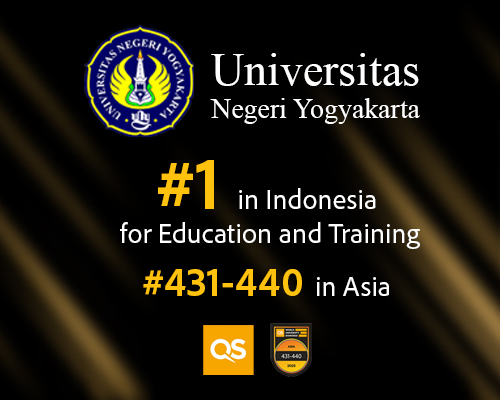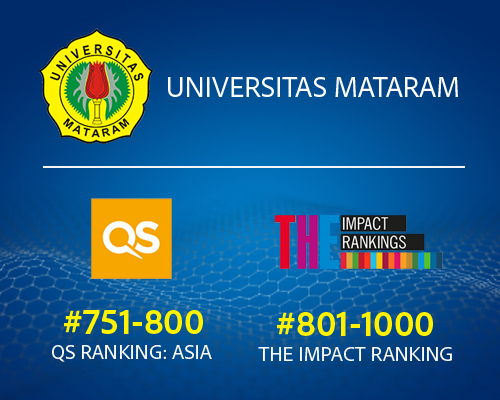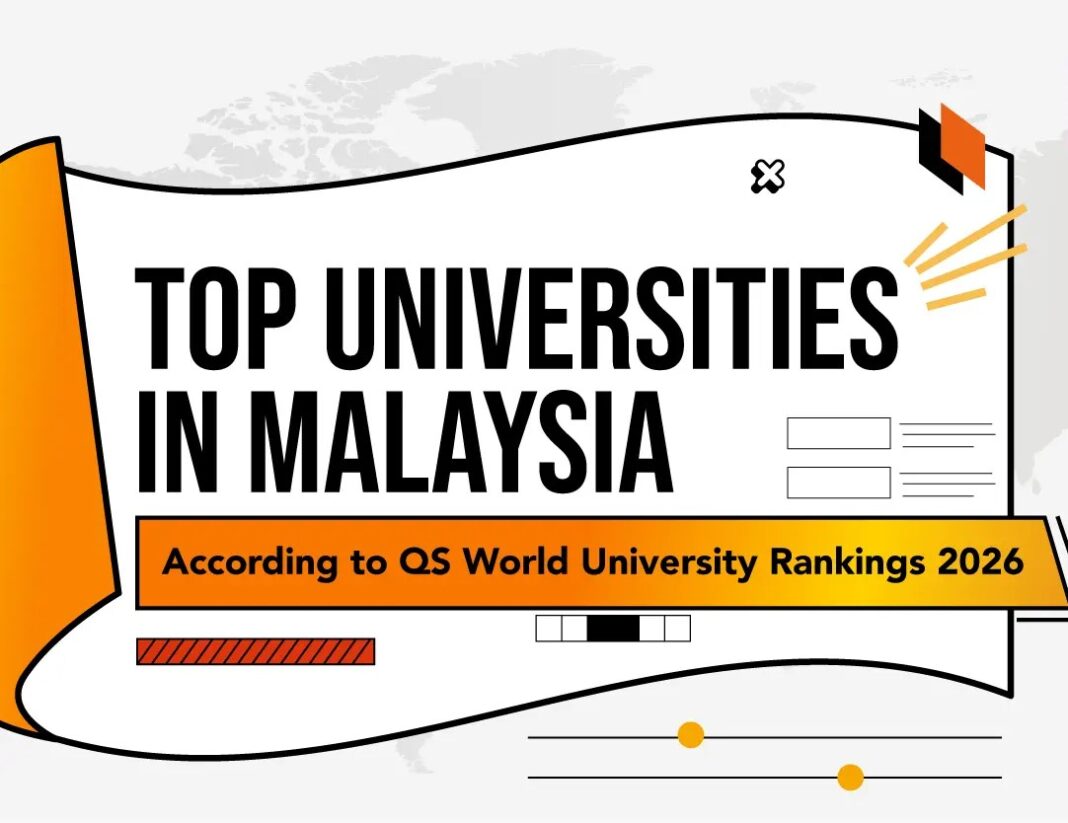70% of Malaysian Universities Rise in QS World University Rankings 2026
Malaysia achieved the world’s highest improvement rate in the latest QS World University Rankings 2026, with 70% of its 32 institutions climbing positions—more than any other country with 10 or more ranked universities. Of the 32 universities ranked, 19 rose, five remained stable, five featured for the first time, and three dropped.
Key Details
Universiti Malaya (UM) leads the nation as the only Malaysian university in the top 100, rising two positions to 58th globally and ranking 16th in Asia. UM also topped the country in five of the nine QS indicators, placing 58th in Academic Reputation and 40th in Employer Reputation.
Universiti Kebangsaan Malaysia (UKM) climbed 12 spots from 138th to 126th place. Universiti Putra Malaysia (UPM) and Universiti Sains Malaysia (USM) tied for third in Malaysia at 134th globally, climbing 14 and 12 spots respectively. Universiti Teknologi Malaysia (UTM) completed the top 200 Malaysian institutions, rising 28 spots to 153rd.
In the top 300, Universiti Teknologi PETRONAS (UTP) rose 18 places to 251st, making it the highest-ranking private institution in Malaysia. Taylor’s University placed 253rd and UCSI University secured 269th position. Sunway University and Universiti Utara Malaysia (UUM) broke into the global top 500, placing 410th and 491st respectively.
These institutions bring Malaysia’s top 500 universities to 10, up from eight last year. SEGi University achieved Malaysia’s highest rank in any individual indicator, placing 13th globally in International Students Ratio.
Background & Context
According to QS, Malaysia outperformed the global average in five indicators, most notably in International Student Ratio, with six Malaysian universities among the top 50 worldwide. The country improved overall in five indicators, particularly in Academic Reputation and International Research Network, but dropped in four indicators, with the sharpest decline in Employment Outcomes.
The QS World University Rankings 2026 featured more than 1,500 universities across 106 countries and territories, evaluated across nine indicators including Academic Reputation, Employer Reputation, Faculty Student Ratio, Citations per Faculty, International Faculty Ratio, International Students Ratio, International Research Network, Employment Outcomes, and Sustainability.
Globally, the United States leads with 192 ranked universities, followed by the United Kingdom with 90 and Mainland China with 72. The Massachusetts Institute of Technology topped the rankings for the 14th consecutive year, while Singapore’s National University of Singapore ranked 8th as the only Asian institution in the top 10.
Quotes & Reactions
“This indicator marked a significant strength for the country, with an exceptional six Malaysian universities among the top 50,” QS said in a Thursday statement regarding Malaysia’s International Student Ratio performance.
“No Malaysian universities placed among the top 100 in Sustainability, Employment Outcomes or International Research Network, reflecting areas for improvement for the country’s universities,” the statement added.
QS senior vice president Ben Sowter said employability, sustainability strategy, and research are three pillars central to the rankings and sustained higher education excellence. “As Malaysia competes with regional peers like Singapore, South Korea and Vietnam, investing in these areas will not only enhance its global reputation but also ensure its universities play a transformative role in shaping a skilled, future-ready workforce,” he said.
What’s Next
Sowter emphasized that as Malaysia advances towards a high-income economy, its higher education institutions must equip graduates with both technical skills and human competencies required to excel in the workforce and drive innovation.






